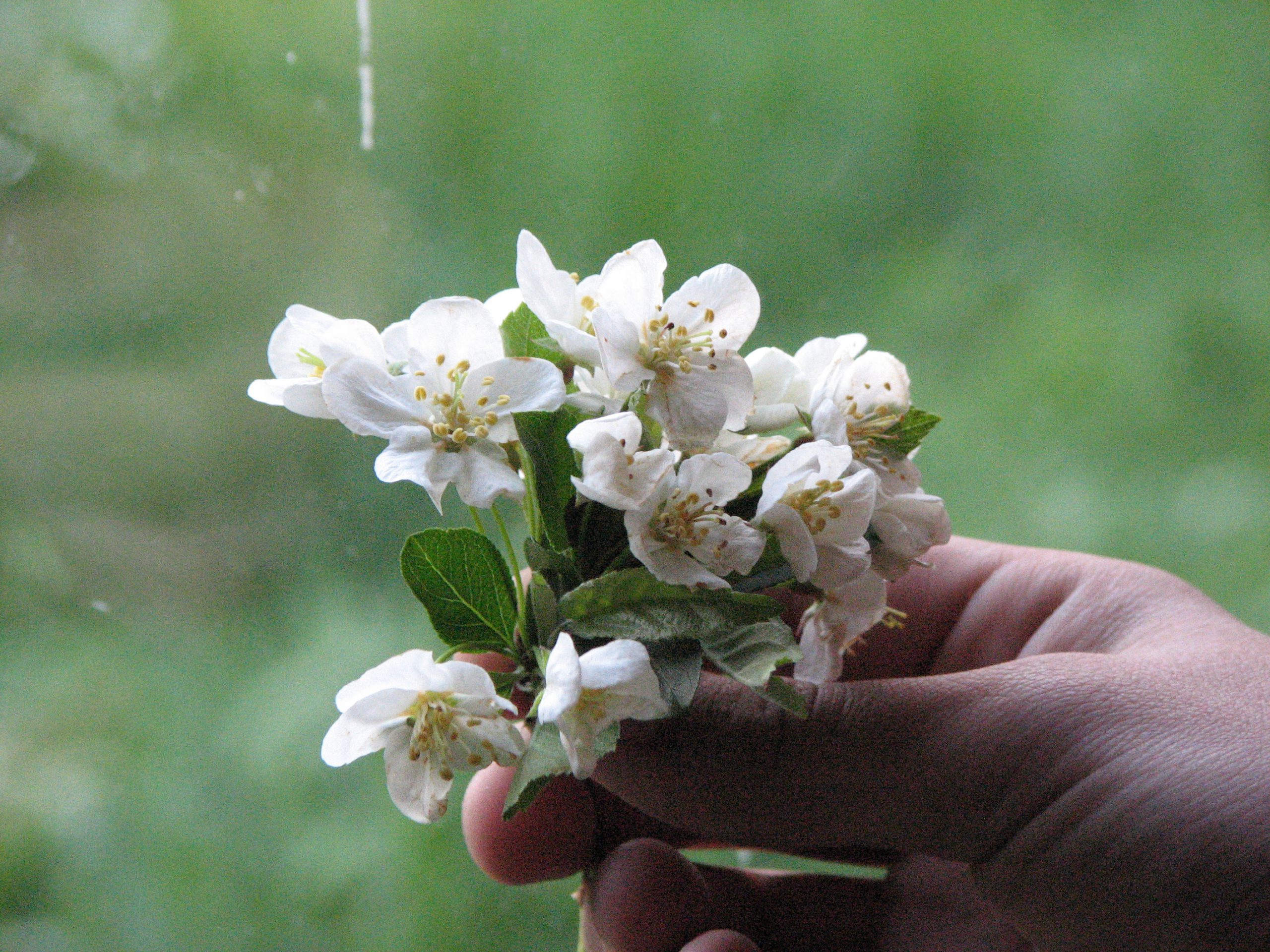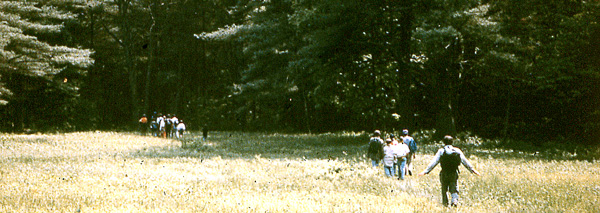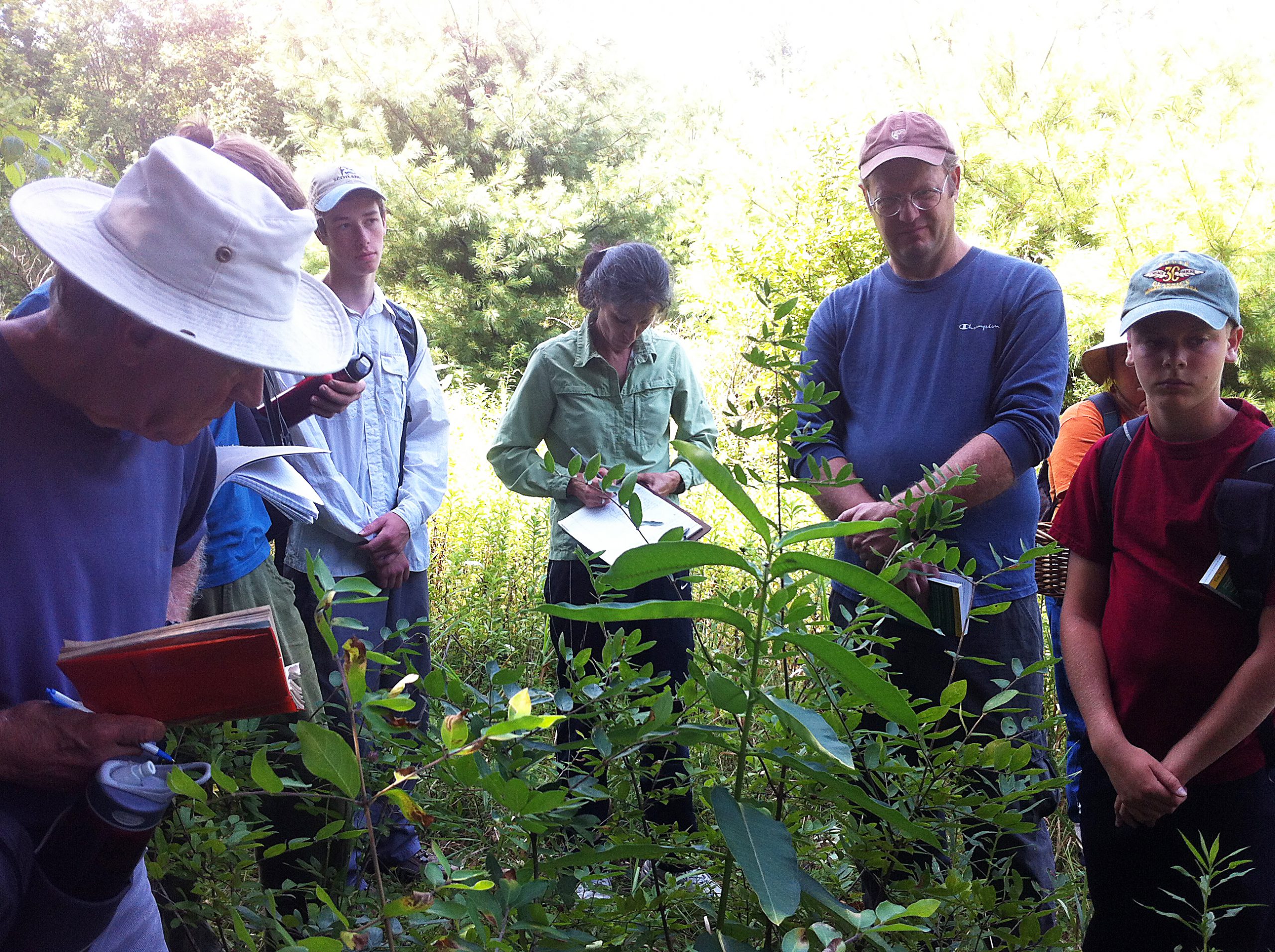The Wild Earth EcoCommunities Network


What Is an EcoCommunity
Among the greatest obstacles for a sustainable and regenerative planetary culture are the present social living systems that disconnect the individual from the Earth and fellow living beings. The communities and households of the Wild Earth EcoCommunities Network provide fertile ground for experiencing and living interconnections within an intentional community where sustainable and regenerative eco-centric values, principles, and skills are learned, practiced, and shared, and individuals and groups experience care, concern, and love.
A Replicable Model
The intention is that the Wild Earth communities serve as a radical, innovative, practical, and replicible model for citizens of all ages and circumstances to work to re-invent themselves as “Global Ecological Citizens” to address the challenges of climate disruption, social injustice, and cultural fragmentation.
Wild Earth Network Principles, Practices, and Strategies
The communities are modeled on the principles of Ecovillages, traditional indigenous wisdom that integrates Self, Community, Nature, and Spirit., state-of-the-art research, the best of contemporary sustainable and regenerative practices, and through personal transformation strategies as well as lived experiences of practitioners. Through ecological living, planetary learning, and community participation, resident and non-resident participants become cultural creatives prepared to change the world view of the planet’s citizens.

Mission
The Wild Earth EcoCommunities Network’s mission is to educate and empower emerging leaders to grow sustainable and regenerative communities and cultures worldwide. Through multifaceted strategies of ecovillage principles and practices of community governance, ecological management, and sustainable property stewardship, the program cultivates the unity of personal and planetary well-being where people live in deep connection and harmony with the earth and all living things with which we share the earth.

Community Types
• Households are single households of individuals, couples, partners and families that are aligned with the mission, practices, and principles of the Wild Earth EcoCommunities Network. Households can be located anywhere and are not necessarily within an established residential community.
• Communities are groups of households living together in an intentional residential community setting, sharing certain resources and community responsibilities.
Our Communities
University of the Wild Living and Learning Community is our flagship community in Petersham, Massachusetts, dedicated to ecology, human ecology, humanitarian ecology, and the ramifications of the human relationship to the natural world.
The UofWild LLC (Living and Learning Community) includes
- the University of the Wild Campus Community of students, instructors, mentors, and staff living and learning on campus;
- the University of the Wild Tiny Home EcoHamlet, a small model eco-community near the campus where instructors, mentors, staff, and guests live in an assortment of different kinds of tiny homes. This residential community is a learning tool for students and a demonstration model for individuals and groups coming to UofWild to learn about eco-communities.
- aligned households of instructors, mentors, staff, and special friends who have close relationships with UofWild but do not live on campus or in the hamlet.
As we move forward with the network, we intend to establish other living and learning eco-communities following the model of the University of the Wild, to educate and train emerging leaders in other parts of the country and the world.
What Is an Intentional Community
Wikipedia defines an intentional community as “…a planned residential community designed from the start to have a high degree of social cohesion and teamwork. The members of an intentional community typically hold a common social, political, religious, or spiritual vision and often follow an alternative lifestyle.”
Most are well-intentioned communities of people striving to live in harmony with each other and to use their combined resources and talents to make the world a better place in some way. Members of an intentional community commit to sharing varying levels of food, shelter, money and talent for the benefit of the group as a whole and for the group’s ability to concentrate on its mission.
Joining an Intentional Community
Living in an intentional community requires a higher level of sharing, involvement, teamwork, and personal commitment than merely happening to live on a certain block or joining a campus fraternity for a ready-made social life.
Whether you are interested in a college living and learning community, a convent, a cohousing community, a kibbutz, or an ecovillage, personal commitments to an intentional community usually involve
a commitment to the mission, vision, and governance of the community;
a commitment to sharing the resources that the community has agreed upon;
a commitment to sharing the work and responsibilities of the community.
Before joining an intentional community, there is often a period of getting to know each other. You will learn about the community, exactly what will be expected of you, and what you can expect to get from it. The community will want to learn more about you as well; why you want to join, how you see yourself contributing to the community, and whether or not they see you as a good fit.
After joining, there can be a trial period of a few weeks to a few months during which you can see if the community is what you thought it would be and the community can see if you are blending in well.
Living and Learning Communities
A Living and Learning Community (LLC) is an intentional residential community whose main focus is around a particular school or educational model, an academic major, or general field of study.